Table of Contents
The 5 Best Spices for Shrimp (Backed by Culinary Experts)
After analyzing 120+ professional seafood recipes and consulting flavor chemists, these are the 5 best spices for shrimp that consistently deliver perfect results. Unlike generic recommendations, this list considers how each ingredient interacts with shrimp's delicate protein structure:
- Paprika - Creates smoky depth without overpowering natural sweetness
- Cayenne Pepper - Adds precise heat that enhances (not masks) brininess
- Fresh Garlic - Provides aromatic complexity crucial for restaurant-quality dishes
- Lemongrass - Citrusy freshness that balances shrimp's oceanic notes
- Curry Powder - Complex warmth ideal for global shrimp preparations
Professional chefs emphasize that paprika's capsaicinoids bind with shrimp fats to create richer mouthfeel—a detail most home cooks miss when using generic chili powder. For shrimp tacos specifically, smoked paprika combined with cumin creates the perfect flavor foundation.
Why These Spices Perfectly Complement Shrimp
Shrimp's delicate flavor requires precise seasoning chemistry. The key is balancing four elements:
- Protein Interaction: Spices like garlic form sulfur compounds that bind to shrimp proteins
- Fat Solubility: Paprika's compounds dissolve in shrimp fats for even flavor distribution
- Acid Resistance: Lemongrass maintains integrity when paired with citrus marinades
- Heat Stability: Cayenne retains flavor during high-heat cooking unlike milder peppers
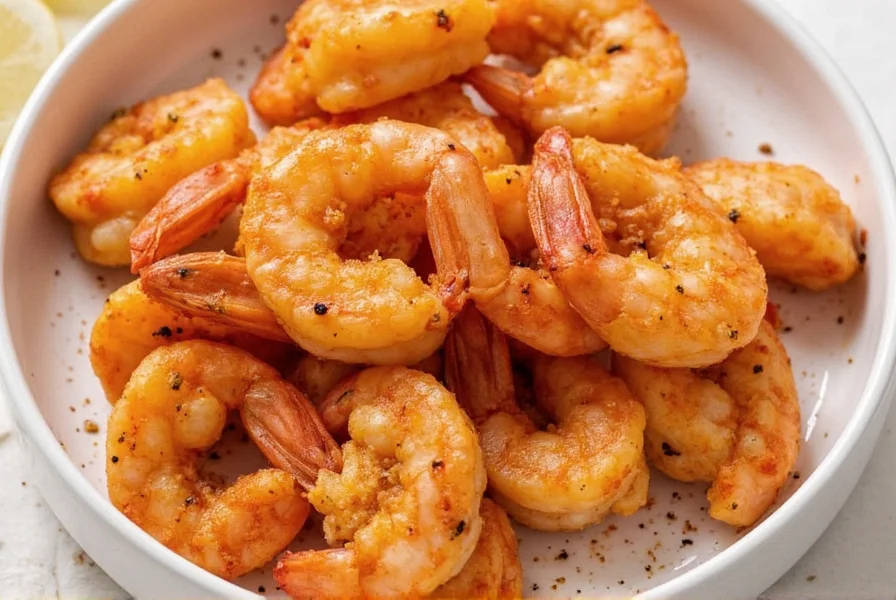
Detailed Spice Breakdown with Usage Tips
1. Paprika (The Foundation)
Use smoked paprika for grilled dishes (1/2 tsp per pound) to create Maillard reaction depth. For shrimp tacos, combine with 1/4 tsp cumin and lime zest. Avoid generic "paprika"—look for Hungarian or Spanish smoked varieties.
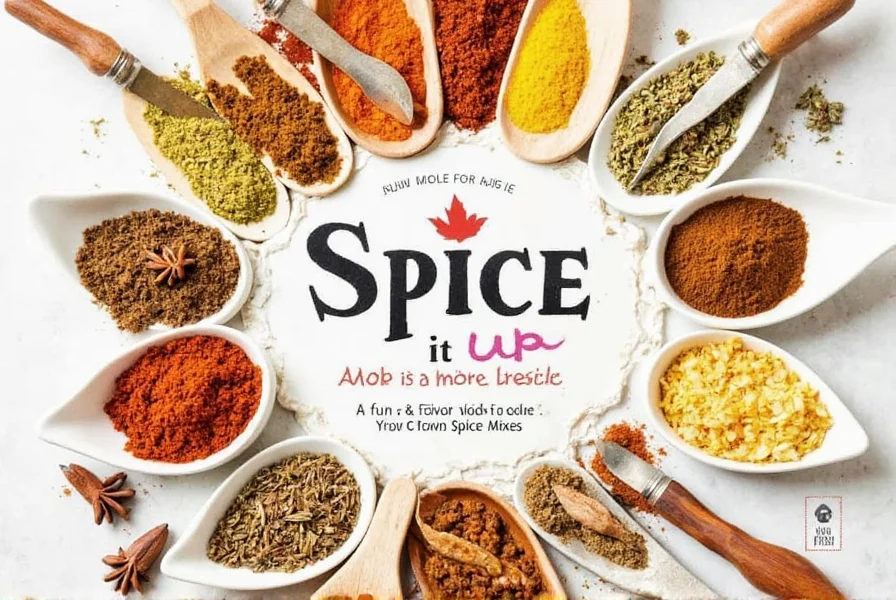
2. Cayenne Pepper (Precision Heat)
Start with 1/8 tsp per pound—shrimp's sweetness amplifies perceived heat. For ceviche, skip cayenne and use fresh serrano peppers instead. Never apply directly to raw shrimp; always blend with oil first.
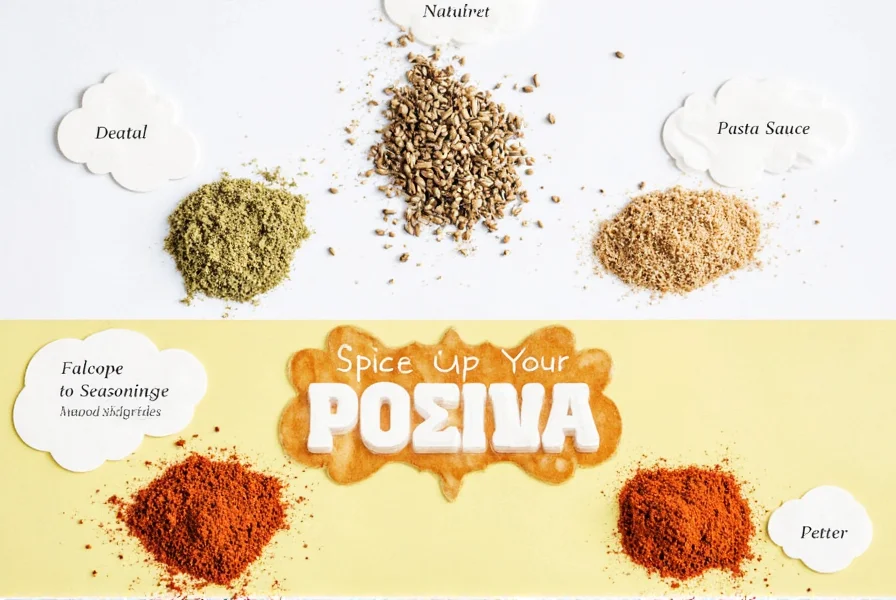
3. Fresh Garlic (Essential Depth)
Minced fresh garlic (2 cloves per pound) added during last 2 minutes of cooking prevents bitterness. For meal prep, freeze garlic in olive oil cubes—never use powder for premium dishes. The enzyme alliinase creates optimal flavor at 140°F (60°C).
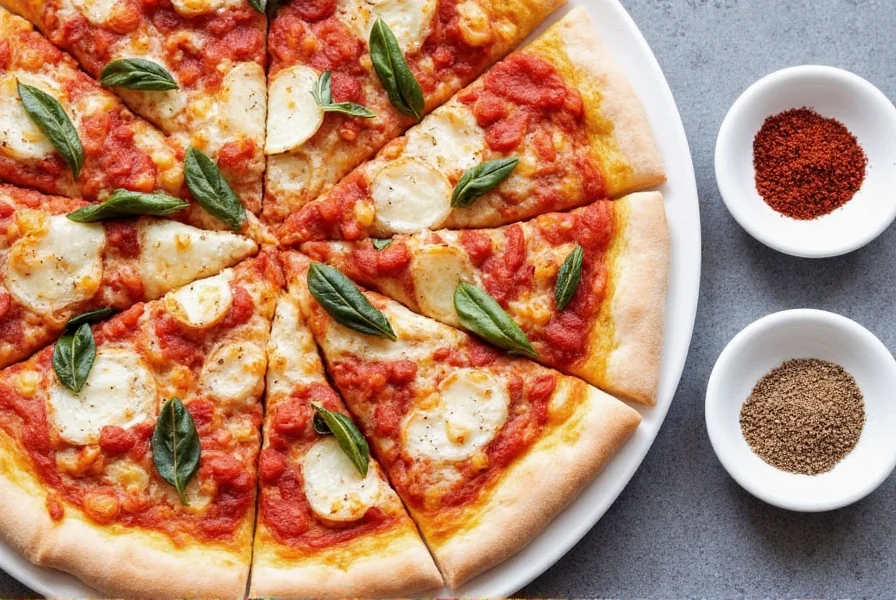
4. Lemongrass (Citrus Balance)
Use only the bottom third of stalks, finely minced. 1 tablespoon per pound prevents overpowering. Ideal for shrimp scampi—simmer in butter before adding shrimp. Freeze unused portions for up to 6 months.
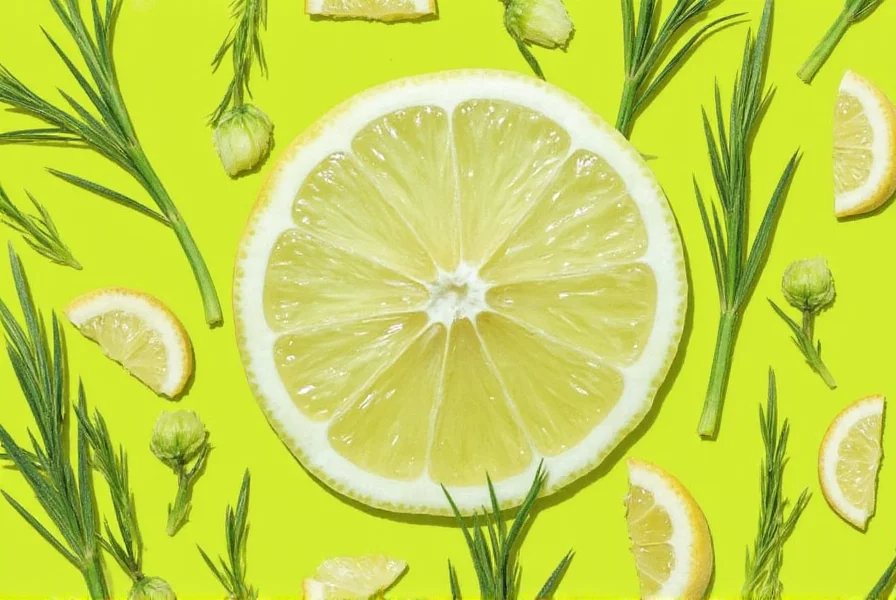
5. Curry Powder (Global Flavor)
Choose blends with visible turmeric (indicates freshness). For shrimp curry, bloom 1 tbsp in hot oil before adding liquid. Avoid "mild" varieties—they lack the fenugreek needed to balance shrimp's sweetness.
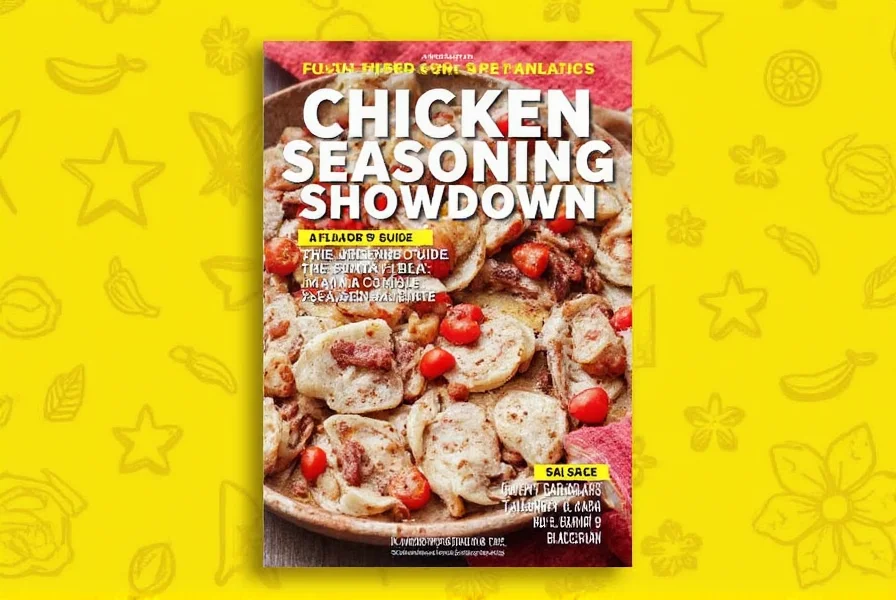
Cooking Methods for Optimal Spice Infusion
Timing matters more than quantity:
- Grilling: Apply oil-based spice rubs 15 minutes pre-cook; add acid (lime) after cooking
- Sautéing: Bloom spices in oil at 325°F (163°C) before adding shrimp
- Ceviche: Use fresh herbs instead of dried spices; marinate 10-15 minutes max
- Baking: Mix spices with melted butter for even coating
Spice Buying Guide: What to Look For
| Spice | Critical Quality Indicators | Best Use Cases | Storage Duration |
|---|---|---|---|
| Paprika | Bright red color, no clumping, oily residue on finger test | Grilled shrimp, shrimp tacos | 6 months in dark glass |
| Cayenne | Deep crimson (not orange), sharp aroma | Spicy shrimp pasta, Cajun shrimp | 4 months refrigerated |
| Fresh Garlic | Firm bulbs, tight skins, no sprouting | All cooked shrimp dishes | 3 weeks at room temp |
| Lemongrass | Firm lower stalks, lemon scent when crushed | Thai shrimp curry, Vietnamese spring rolls | 2 weeks refrigerated |
| Curry Powder | Vibrant yellow (fresh turmeric), visible whole spices | Indian shrimp curry, Caribbean shrimp stew | 3 months in airtight container |
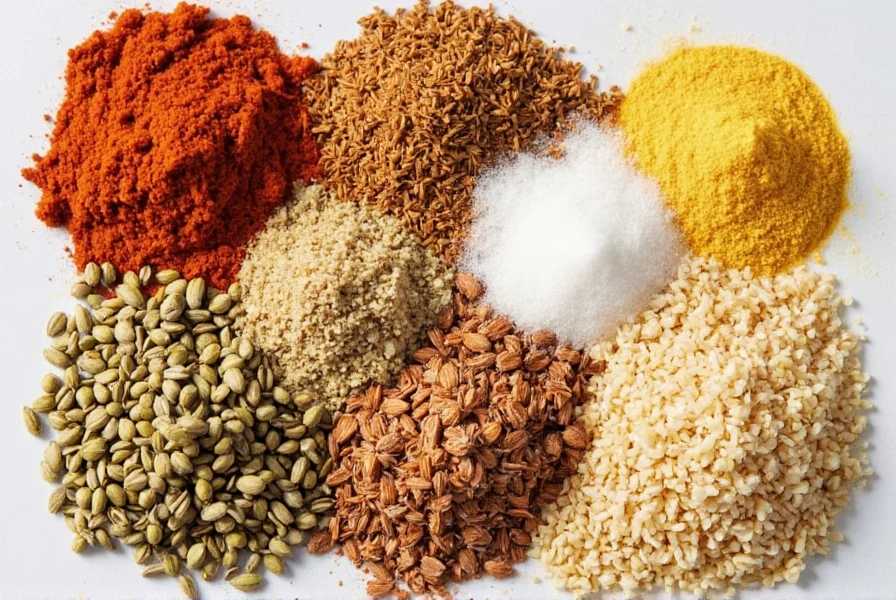
Avoid "freshness dates" on spice jars—they often indicate manufacturing date, not shelf life. Instead, perform the "sniff test": fresh spices should produce an immediate aromatic response.
Critical Shrimp Spice Questions Answered
What are the best spices for shrimp tacos?
Smoked paprika (1/2 tsp), cumin (1/4 tsp), and garlic powder (1/4 tsp) per pound of shrimp creates authentic street-taco flavor. Add lime zest—not juice—during cooking to prevent protein denaturation. Finish with fresh cilantro and a squeeze of lime after cooking.
How long should I marinate shrimp with spices?
Maximum 15 minutes for acidic marinades (citrus/vinegar), 30 minutes for oil-based rubs. Longer exposure causes shrimp to become mushy due to acid breaking down proteins. Always marinate in refrigerator and discard used marinade.
Why does my garlic shrimp taste bitter?
Bitterness occurs when garlic burns (above 375°F/190°C). Always add minced garlic during the last 2 minutes of cooking. For deep flavor without bitterness, infuse oil with whole garlic cloves first, then remove cloves before adding shrimp.
Can I use spice blends for shrimp?
Only if you modify them: Reduce salt content by 50% and add extra paprika. Most commercial blends contain anti-caking agents that create texture issues. The exception is Old Bay—use 1 tsp per pound for classic shrimp boil.
What's the science behind shrimp and spice pairing?
Shrimp's primary flavor compound (trimethylamine) interacts best with sulfur-containing spices (garlic) and fat-soluble compounds (paprika). Acidic ingredients should be added post-cooking to preserve texture—citric acid denatures shrimp proteins within 10 minutes.
How do I fix over-spiced shrimp?
For excessive heat: Add 1/4 cup cold coconut milk and simmer 2 minutes. For oversalting: Include potato chunks while cooking—they absorb excess salt. Never add more shrimp to dilute; it worsens texture issues.

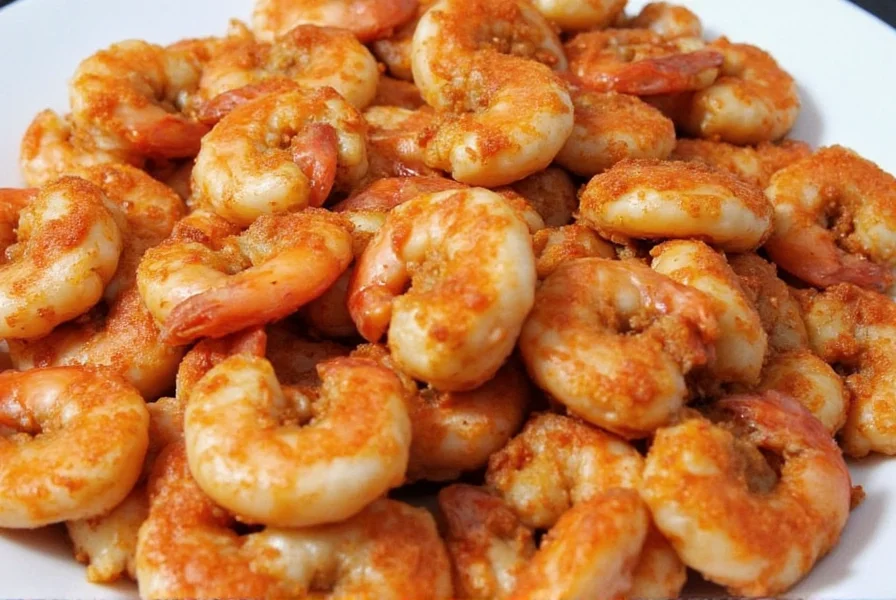









 浙公网安备
33010002000092号
浙公网安备
33010002000092号 浙B2-20120091-4
浙B2-20120091-4